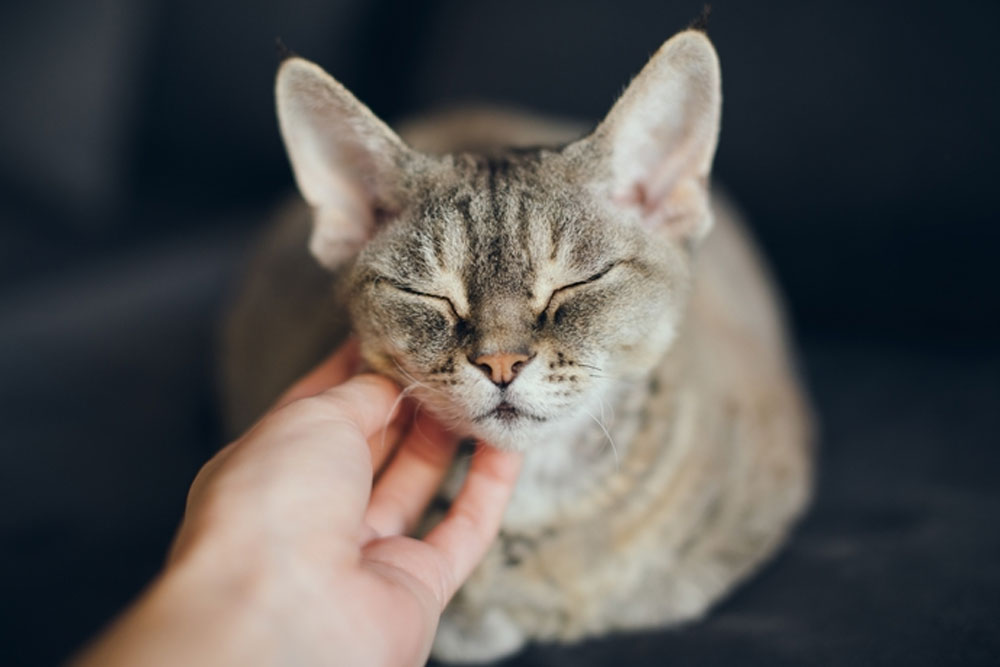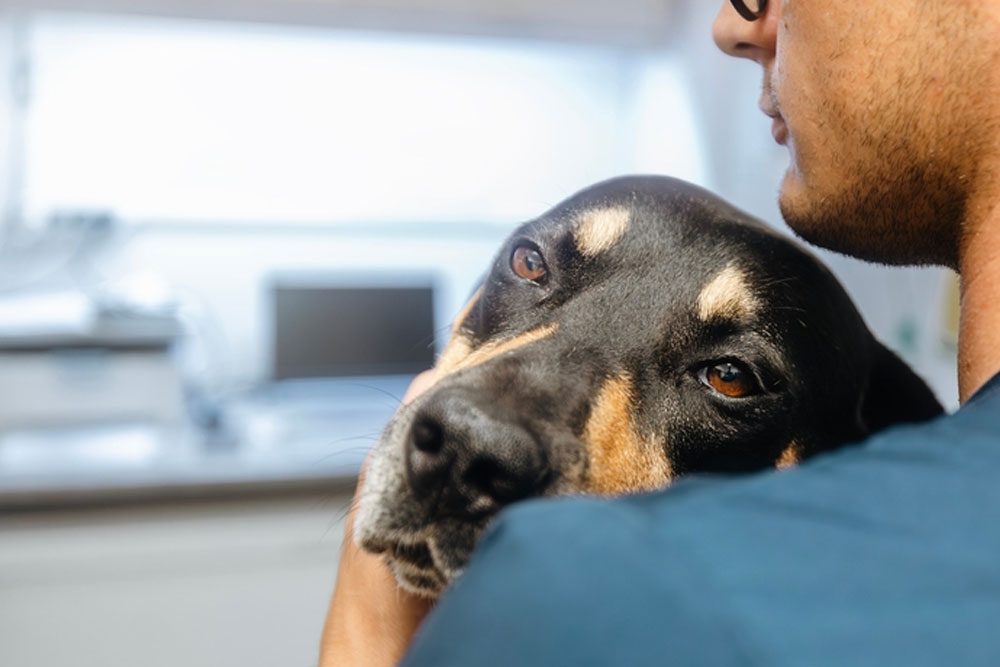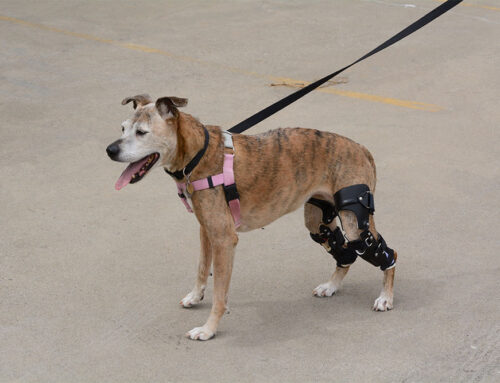At Livingston Veterinary Hospital in Livingston, Montana, we know that pet health isn’t just about vaccines and vet visits—it’s also about emotional well-being. Just like us, pets experience stress and anxiety, and when left unaddressed, it can impact every part of their life, from behavior to physical health.
This guide will help you recognize signs of stress in both dogs and cats, understand what’s causing it, and explore ways to help your pet feel safe, secure, and supported.
Why Pet Stress and Anxiety Matter
The Hidden Health Risk
Anxious pets aren’t just unhappy—they’re often unhealthy. Chronic stress in dogs and cats can lead to:
- Digestive issues
- Compromised immune function
- Aggression or fear-based behaviors
- Destructive tendencies
- Urinary problems, especially in cats
Because stress affects both mental and physical systems, early recognition and treatment are key. Left unaddressed, anxiety can escalate into persistent health or behavior problems. To complete the cycle, chronic illness and pain can also cause anxiety. Feeling terrible is hard on both the body and the mind.
How to Spot Anxiety in Dogs
Physical Symptoms
- Excessive drooling or panting
- Shaking or tremors
- Loss of appetite or refusal to eat
- Pacing or inability to settle
Behavioral Signs
- Destructive behavior (chewing furniture, digging, clawing)
- Whining, barking, or howling when alone
- Clinginess or following you from room to room
- Sudden loss of house training habits
Emotional Responses
- Avoidance or hiding
- Aggression or reactivity toward people or animals
- Overreaction to noises like thunderstorms or fireworks
How to Recognize Stress in Cats
Cats are often more subtle in their distress signals than dogs, but the effects can be just as serious.
Physical Indicators
- Over-grooming, leading to bald patches or skin irritation
- Litter box changes, including urinating or defecating outside the box
- Weight loss due to lack of appetite
Behavioral Clues
- Hiding more frequently than usual
- Excessive vocalization, particularly if it’s new behavior
- Aggression toward people or other animals
- Sudden disinterest in play or affection
Learn more: Common Cat Behavior Issues – ASPCA
What Causes Stress in Pets?
Environmental Triggers
- Moving to a new home
- Changes in family structure (new baby, roommate, pet)- read more: Addressing Tension Among Cats – AAHA
- Loud events like construction, fireworks, or storms- read more: Noise Aversion in Pets – AAHA
Separation Anxiety
Especially common in dogs, but some cats suffer from it too—especially if they’ve bonded closely with one person.
Learn more: Separation Anxiety in Dogs – ASPC
Social Stress
- Lack of socialization during early development
- Negative experiences with other animals
- Overcrowded or stressful living environments (multi-cat households)
Socialization of Puppies and Kittens – AVMA
Strategies for Managing Pet Stress & Anxiety

1. Create a Safe Environment
- Designate a quiet, low-traffic area where your pet can retreat.
- Use calming tools like pheromone diffusers, white noise machines, or weighted blankets.
- For indoor cats, provide vertical space and private zones. Learn more: Keeping Indoor Cats Happy – AAHA
2. Build a Predictable Routine
- Regular feeding, playtime, and sleep schedules help pets feel secure.
- Keep training positive and consistent.
- Reinforce calm behaviors with treats or attention.
3. Enrich Their Day
- Offer puzzle feeders, hide treats, or rotate toys to keep your pet mentally stimulated.
- Engage in interactive play, especially for indoor cats or dogs left alone during the day.
Ready for craft time? Try: DIY Enrichment Toys for Your Cat – AAHA, or DIY Cognitive Dog Toys for Home-AKC
4. Try Natural or Medical Support
- Calming supplements or pheromone sprays may ease mild stress.
- For more severe cases, prescription medications can make a big difference. Always consult your vet before beginning any treatment.
5. Consult a Veterinary Behaviorist
- Behavior experts can design desensitization programs and help resolve fear-based behaviors.
- This is especially helpful for phobias, reactivity, or aggression.
When to Talk to a Vet
Not sure if your pet’s behavior is stress-related or a medical issue? That’s what we’re here for.
Schedule a visit if you notice:
- Changes in appetite or sleep
- Hiding or aggression
- New toileting accidents
- Unexplained weight loss or skin issues
- Escalating vocalization or destructive behavior
Support Starts Here
At Livingston Veterinary Hospital, we’re more than just your pet’s medical team—we’re their wellness partner. If you’re concerned your pet might be struggling with stress or anxiety, contact us today. We’ll work with you to develop a plan that brings peace back to your home—and to your pet’s heart.







Leave A Comment